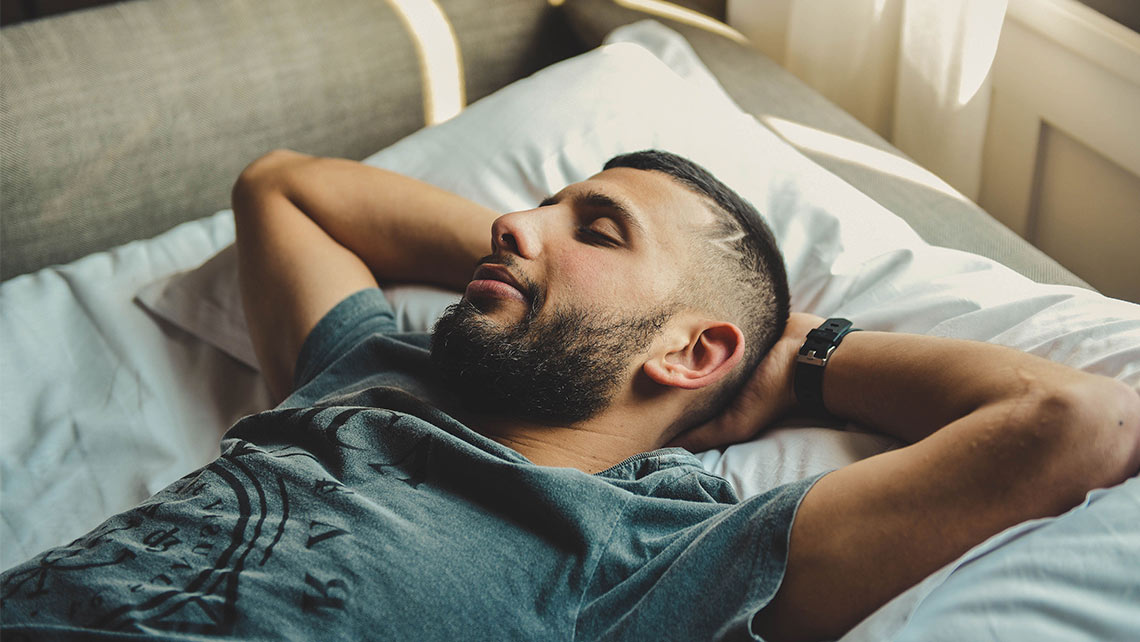According to a new genetic study published in the journal JAMA Psychiatry, waking up one hour earlier could reduce the risk of major depression by 23%.
Researchers from the University of Colorado Boulder and the Broad Institute of MIT, as well as Harvard, conducted the study on 840,000 people. And the results show some of the strongest evidence yet that a person’s propensity to sleep at a certain time can influence depression risk.
This is among the first studies to quantify how much — or how little — change is required to influence mental health.
Senior author and assistant professor of integrative physiology at CU Boulder, Celine Vetter, says, “We have known for some time that there is a relationship between sleep timing and mood, but a question we often hear from clinicians is: How much earlier do we need to shift people to see a benefit?” She continues, “We found that even one-hour earlier sleep timing is associated with significantly lower risk of depression.”
In previous observational studies, it was shown that night owls are as much as twice as likely to suffer from depression, regardless of how long they sleep. However, because the mood disorders themselves can disrupt sleep patterns, the relationship between sleep and depression is hard to decipher.
For this study, researchers collected data from 85,000 people who wore wearable sleep trackers for 7 days. They also had 250,000 participants fill out sleep preference questionnaires. They then assessed those people’s genetic data, in addition to the genetic data of about 500,000 others. The idea was to get a more granular picture of how variants in genes influence when we sleep and when we wake up.
According to the samples, about a third of surveyed subjects self-identified as morning larks, 9% were night owls, and the rest were in the middle. The average sleep mid-point was 3 a.m., meaning a bedtime of 11 p.m. and a 6 a.m. wake-up.
The researchers noticed that each one-hour earlier sleep midpoint corresponded with a 23% lower risk of major depressive disorder. So if someone who goes to bed at 1 a.m. would instead go to bed at midnight, and sleep the same duration, that person’s risk could be cut by 23%. And if they go to bed another hour earlier, at 11 p.m., their risk could be cut by up to 40%.
Vetter is offering some advice for those who want to shift themselves to an earlier sleep schedule. She says, “Have your morning coffee on the porch. Walk or ride your bike to work if you can, and dim those electronics in the evening.” In essence: “Keep your days bright and your nights dark.”






